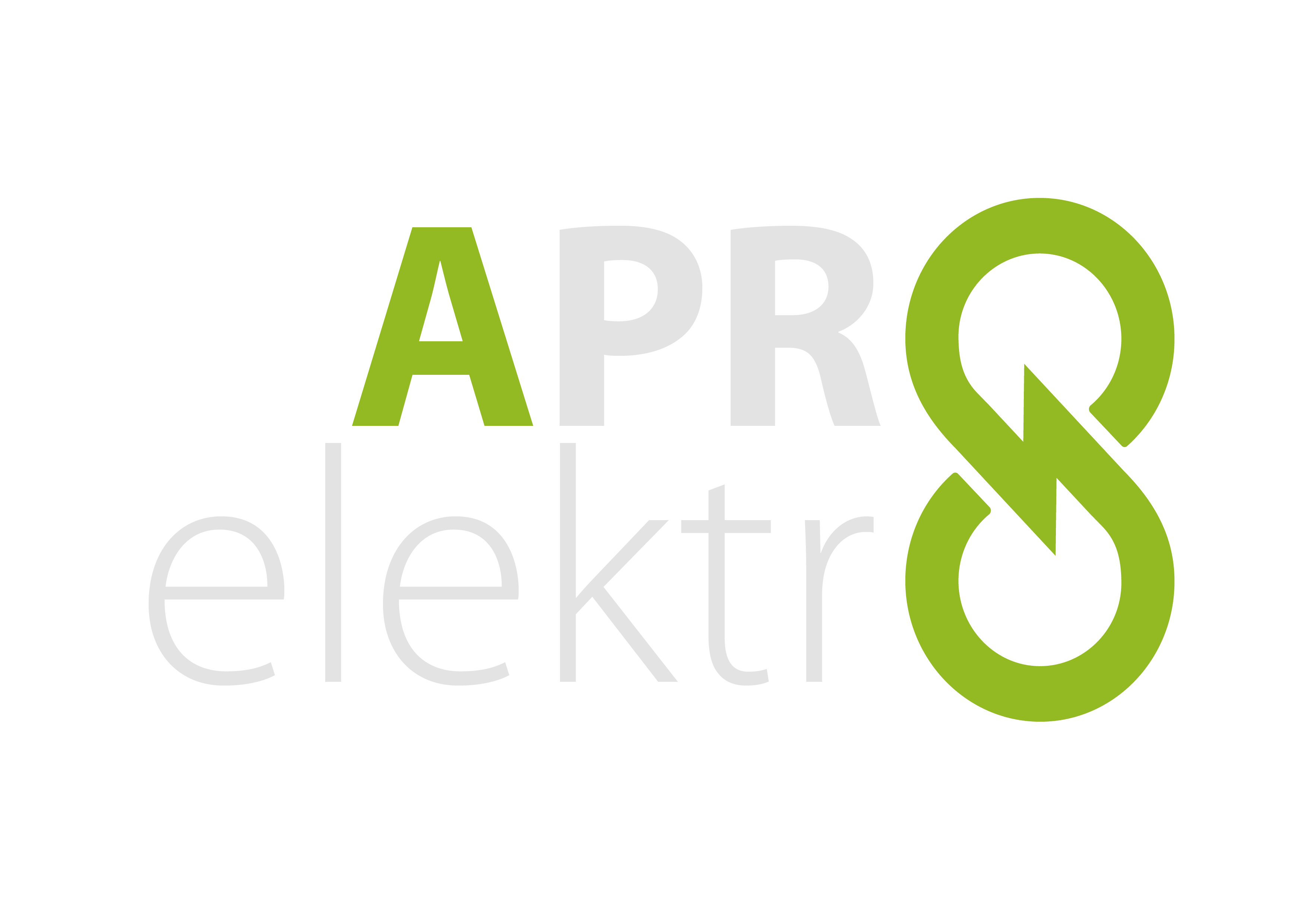Content
To determine short‐term dose‐related effects of alcohol versus placebo on systolic blood pressure and diastolic blood pressure in healthy and hypertensive adults over 18 years of age. One particularly striking study published in 2017 looked at how alcohol can affect your heart rate in social settings. The study was carried out at the Munich Oktoberfest, the world’s largest public beer festival. The researchers recruited more than 3,000 men and women who had been drinking, but were not legally impaired. They tested their blood alcohol concentrations and gave them EKGs to assess their cardiac function.
As a result, we were not able to quantify the magnitude of the effects of alcohol on men and women separately. This is unfortunate, as we have reason to believe that the effects of alcohol on BP might be greater in women. Even though these studies reported that participants were randomised to receive alcohol or placebo, the method of randomisation was not mentioned.
Shai 2015 published data only
The aim of Bau 2011 was to determine the effects of alcohol on heart rate variability, so SBP was not measured in this study. Dumont 2010 measured blood pressure during the study period, but study authors did not provide the before and after measurement of SBP. The aim of Fazio 2004 was to determine the effects of alcohol on blood flow volume and velocity. Study authors mentioned only that acute ethanol administration caused a transitory increase in BP at 20 minutes. Karatzi 2013Maufrais 2017 and Van De Borne 1997 measured blood pressure before and after treatment but did not report these measurements. This systematic review provides us with a better understanding of the time‐course of alcohol’s acute effects on blood pressure and heart rate.

The method of blinding of participants and personnel was not mentioned in Dumont 2010, Mahmud 2002, and Maule 1993. In Cheyne 2004, participants were blinded to the content of the drink, but some reported that they were able to detect the alcohol by taste at the end of the study. We used GRADEpro software to construct a ‘Summary of findings’ table to compare outcomes including change in SBP and DBP and HR (GRADEpro 2014). In addition, we included illustrative risks to present findings for the most important outcome (change in systolic blood pressure). For multi‐arm trials, if a study reported more than one intervention arm, we identified the relevant intervention arm and included that in the review.
Yang 2017 published data only
Chen explained that for people without hypertension, drinking may actually contribute to a new diagnosis of hypertension, adding a new risk factor for heart disease. High blood pressure, or hypertension, is a condition causing blood vessel damage from blood pumping too forcefully. But research shows that even individuals without this condition can see their blood pressure take a negative turn due to alcohol consumption. Moreover, not only does drinking cause elevated blood pressure, but in excess, it can directly enhance the damage caused to cardiac and renal tissues by hypertension. Some scientists suggest a J-shaped curve between alcohol and CVD, but this remains a hypothesis.
- Because heart disease is the No. 1 killer of men and women in the United States, it’s easy to see why keeping your blood pressure and cholesterol numbers optimal is so critical — even if it means giving up some hard-to-break habits.
- It is a common substance of abuse and its use can lead to more than 200 disorders including hypertension.
- “Binge” drinking has harmful effects on the kidney that can even lead to acute kidney failure.
- If you drink alcohol, limit consumption to no more than two drinks per day for men and one drink per day for women.
- If you recognize any of the above signs of drug abuse in yourself or someone you know, it’s time to get help.
While drinking can be a threat to your health, smoking is certainly worse. Unlike alcohol at low or moderate levels, there is no benefit to tobacco use at any level. When you smoke, you inhale various chemicals that can injure cells, causing both cancer and artery damage (e.g. heart attacks and strokes). Because heart disease is the No. 1 killer of men and women in the United States, it’s easy to see why keeping your blood pressure and cholesterol numbers optimal is so critical — even if it means giving up some hard-to-break habits. Regular drinking can also affect overall mental health and well-being, in part because alcohol may worsen symptoms of certain mental health conditions, including anxiety, depression, and bipolar disorder. You should also be cautious if you have strong risk factors for developing a heart rhythm disorder, such as high blood pressure or coronary artery disease, or if you have experienced arrhythmias in the past.
Effects of interventions
Lifestyle is a major cause of high blood pressure, and alcohol is among those unhealthy lifestyle choices. Excessive drinking can lead to hypertension either directly or indirectly, and it is estimated that about 10% of high blood pressure² cases https://ecosoberhouse.com/ in the general population can be linked to alcohol. High blood pressure is sometimes referred to as “the silent killer” due to a lack of noticeable symptoms. It is also a high-risk factor for cardiovascular diseases and heart failure.
Hypertension is rising in prevalence due to the rising mean age of the population as well as due to the increased prevalence of poor dietary patterns and other lifestyle factors. Therefore, potential interventions could target weight loss, a sedentary lifestyle, appropriate sodium/potassium intake changes, smoking, and excessive alcohol intake. For low doses of alcohol, we found how does alcohol affect your blood pressure low‐certainty evidence suggesting that SBP, DBP, and MAP fall within the first six hours after alcohol consumption. High‐dose alcohol consumption increased HR by approximately 6 bpm in participants, and the effect lasted up to 12 hours. For selective reporting for heart rate (HR), we classified only Koenig 1997 as having high risk of bias because heart rate was not reported.

